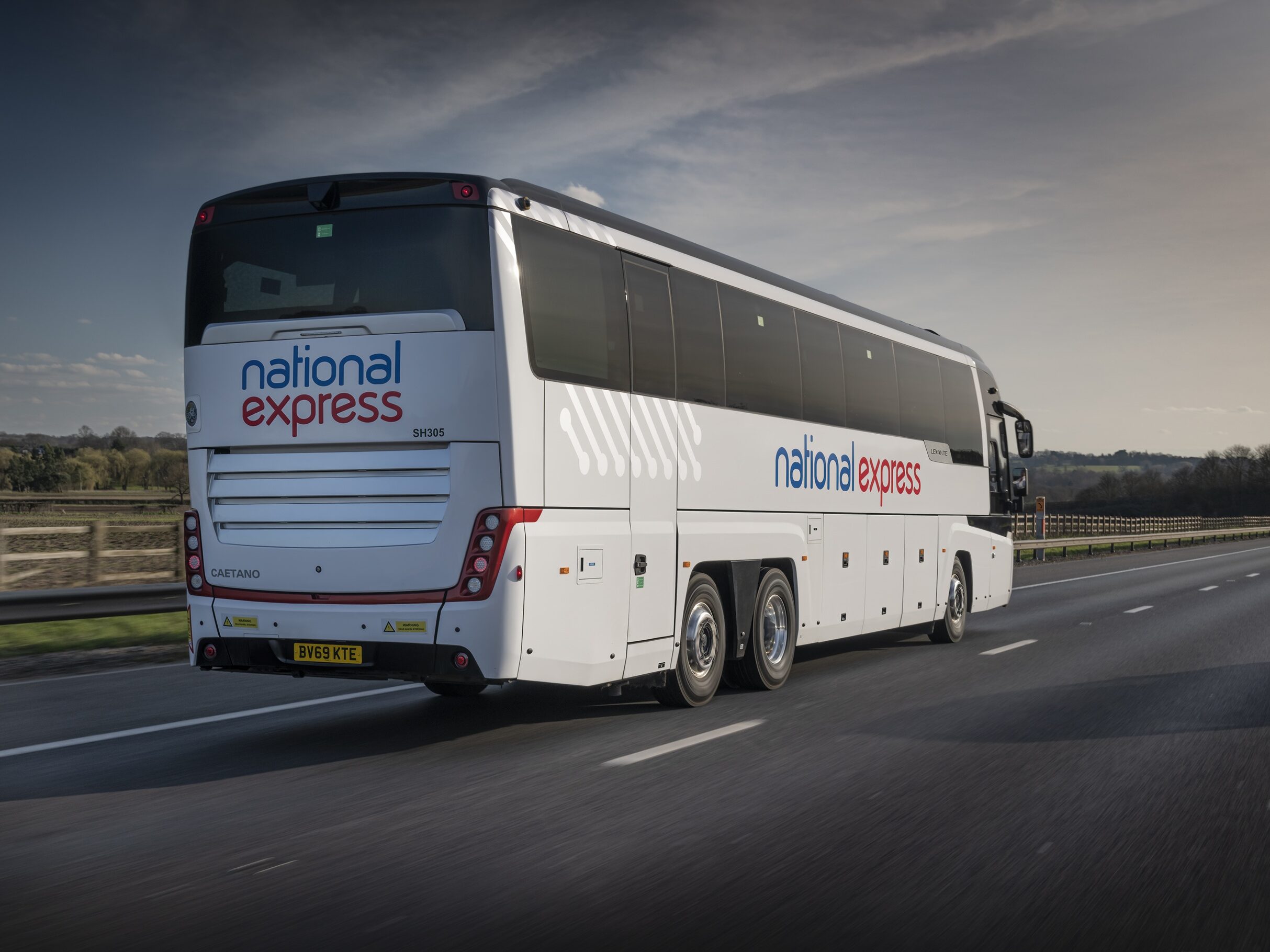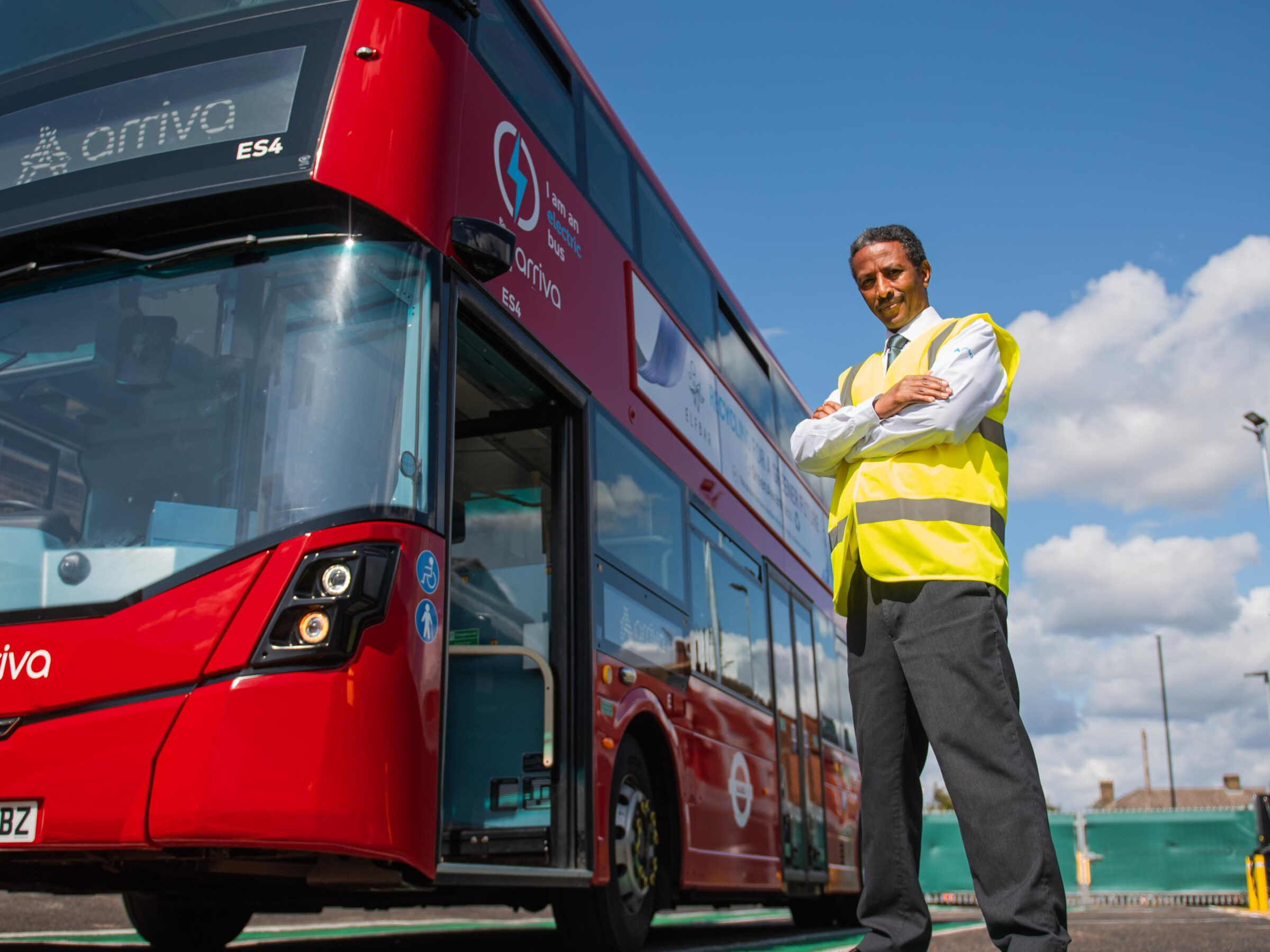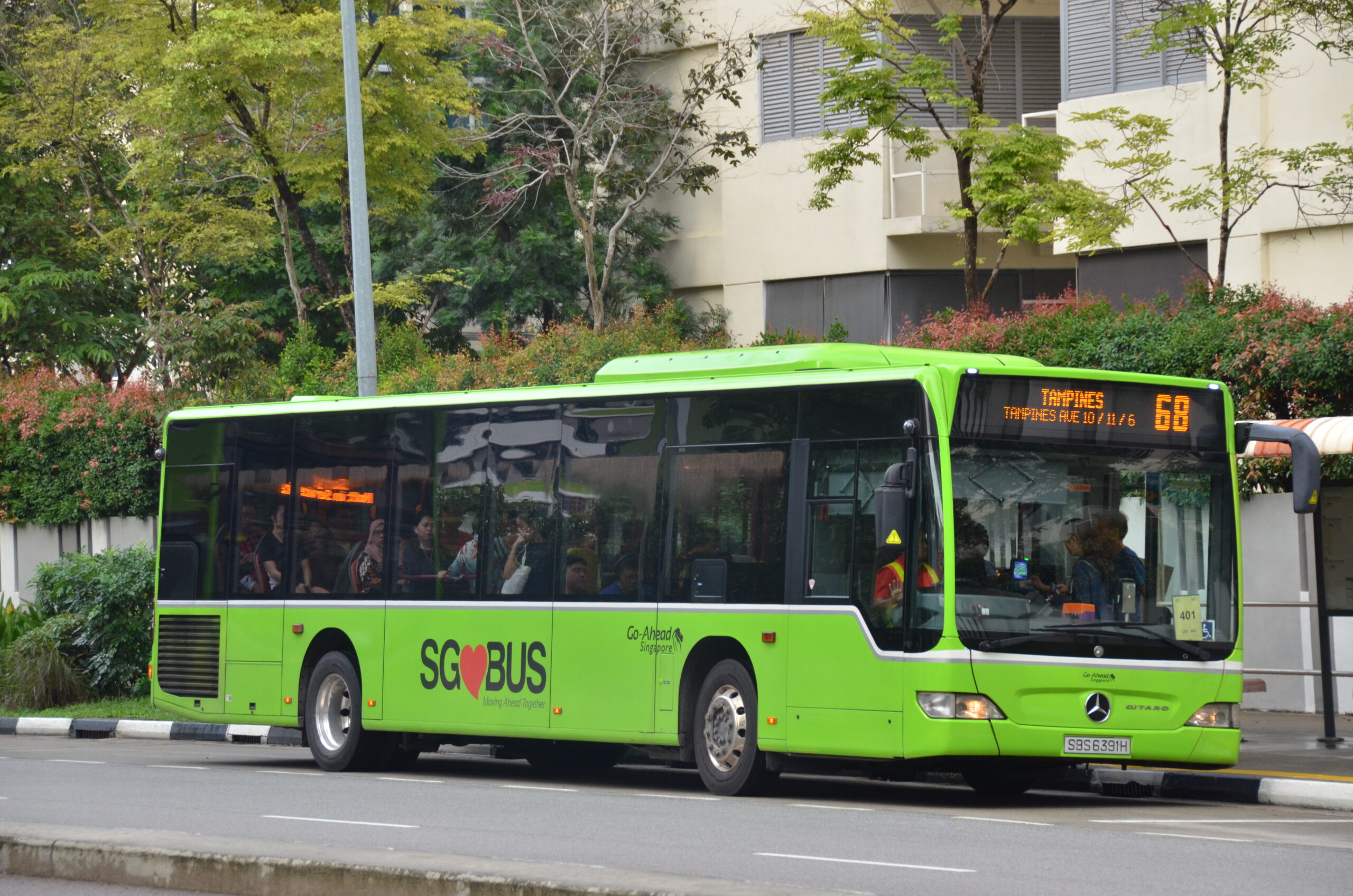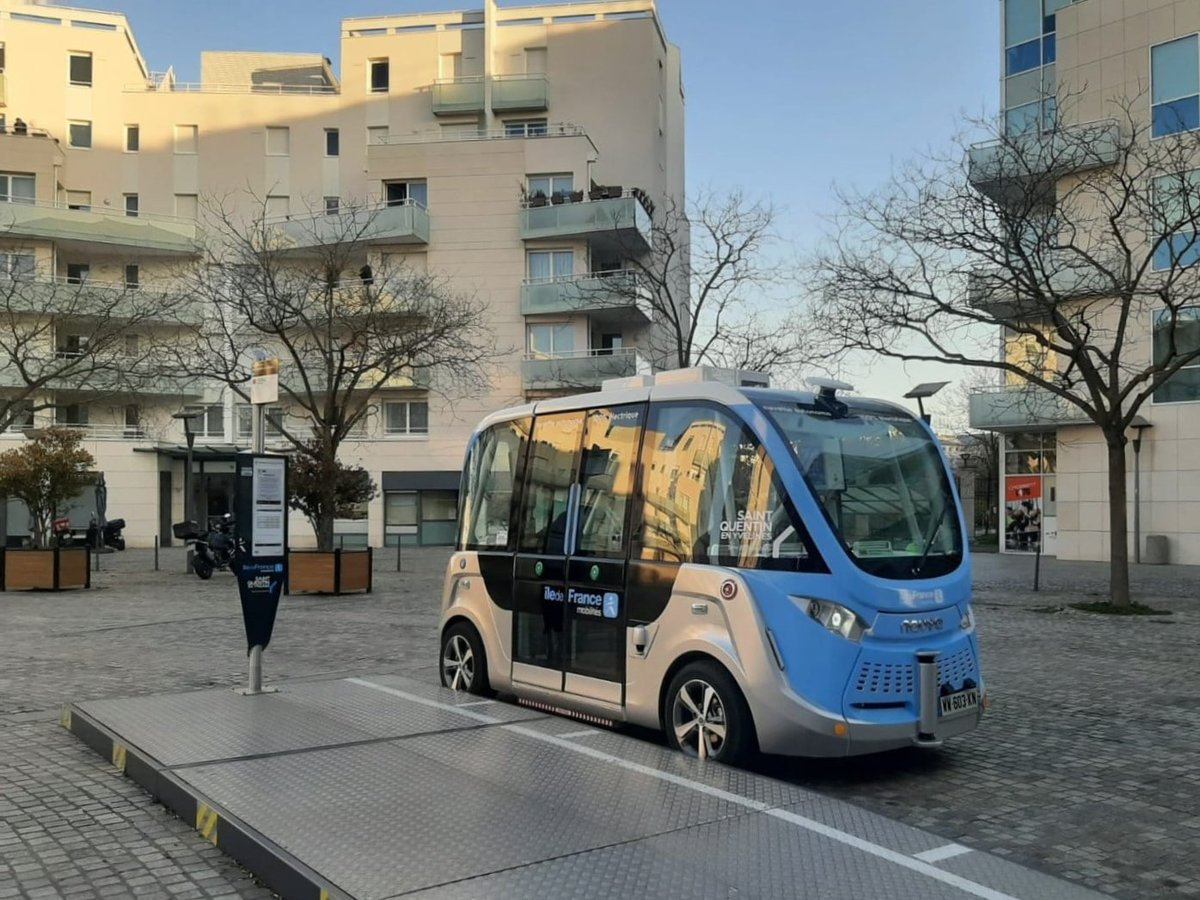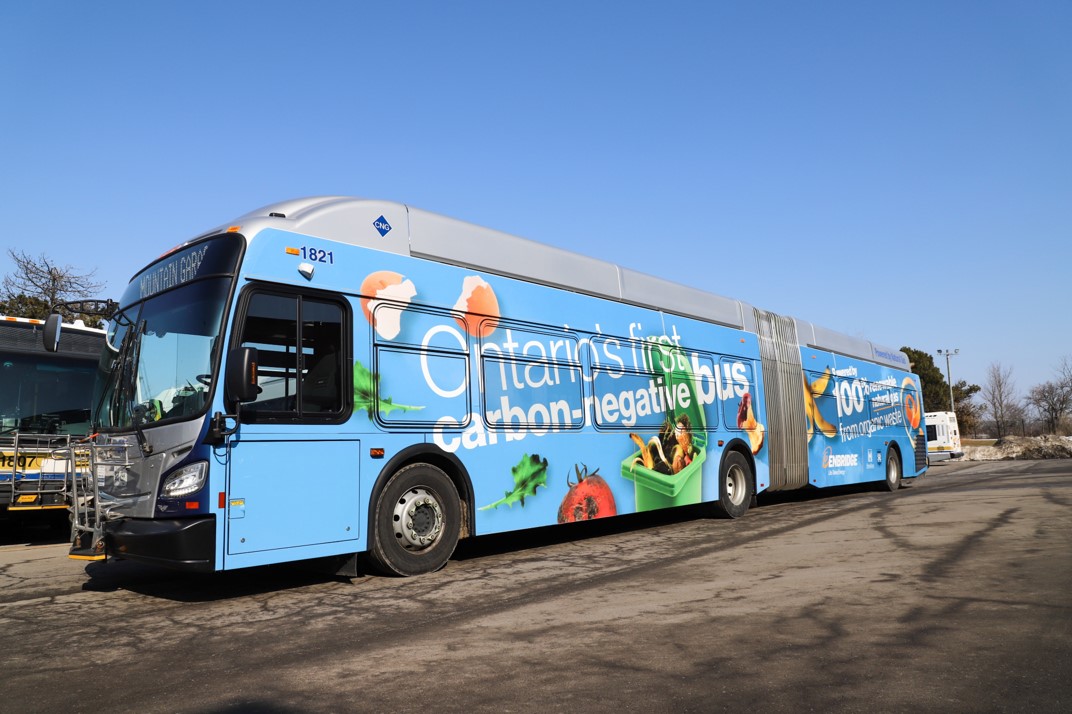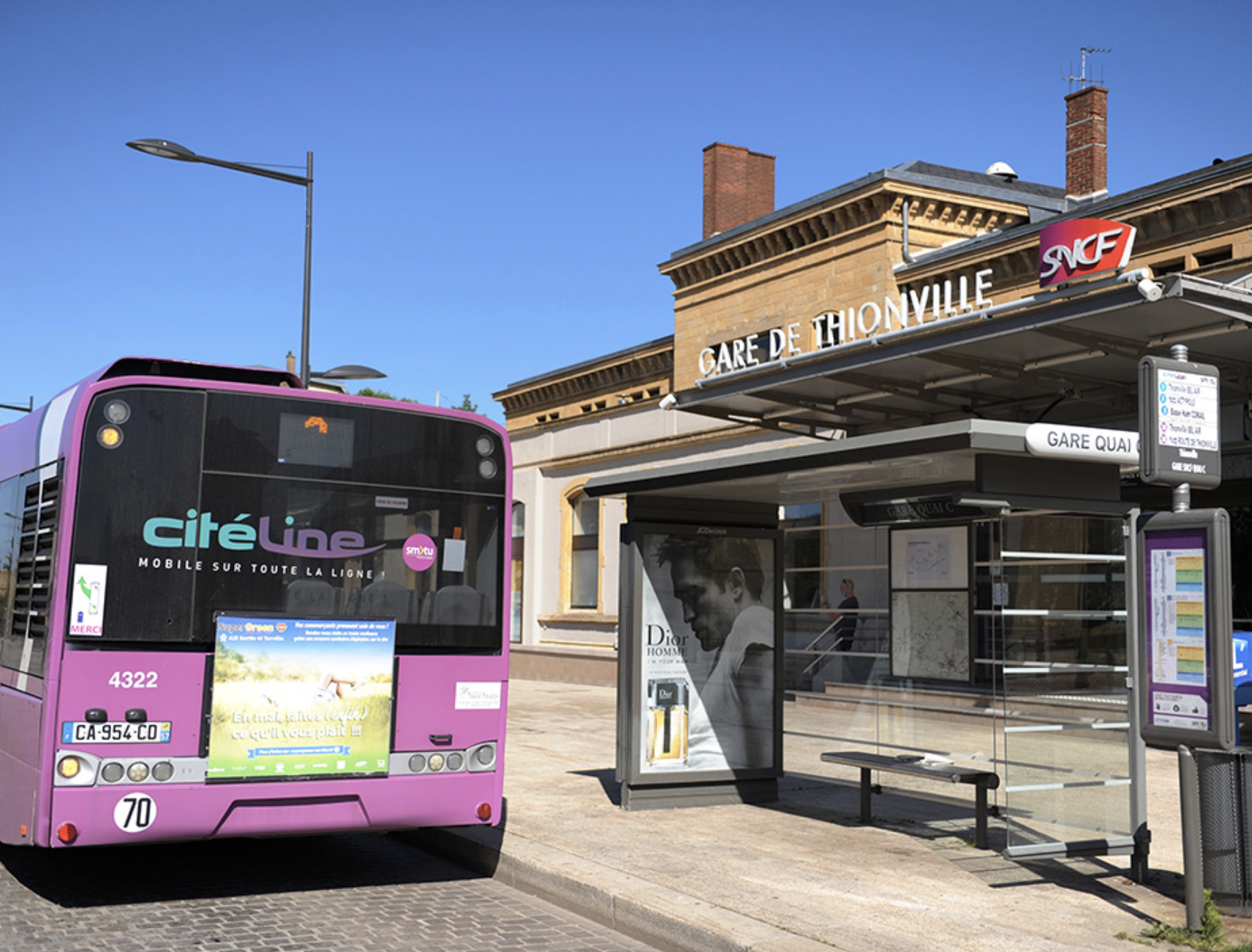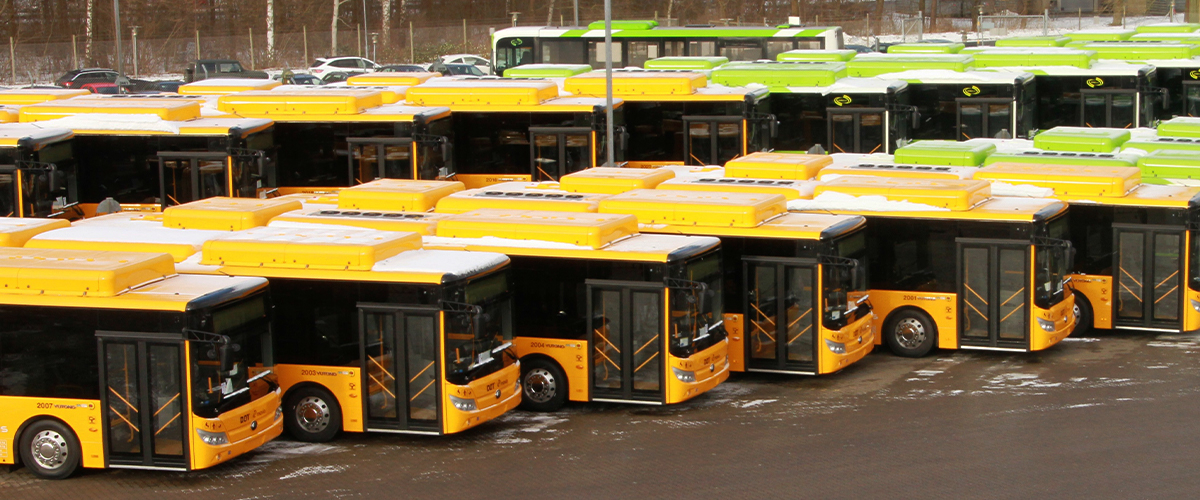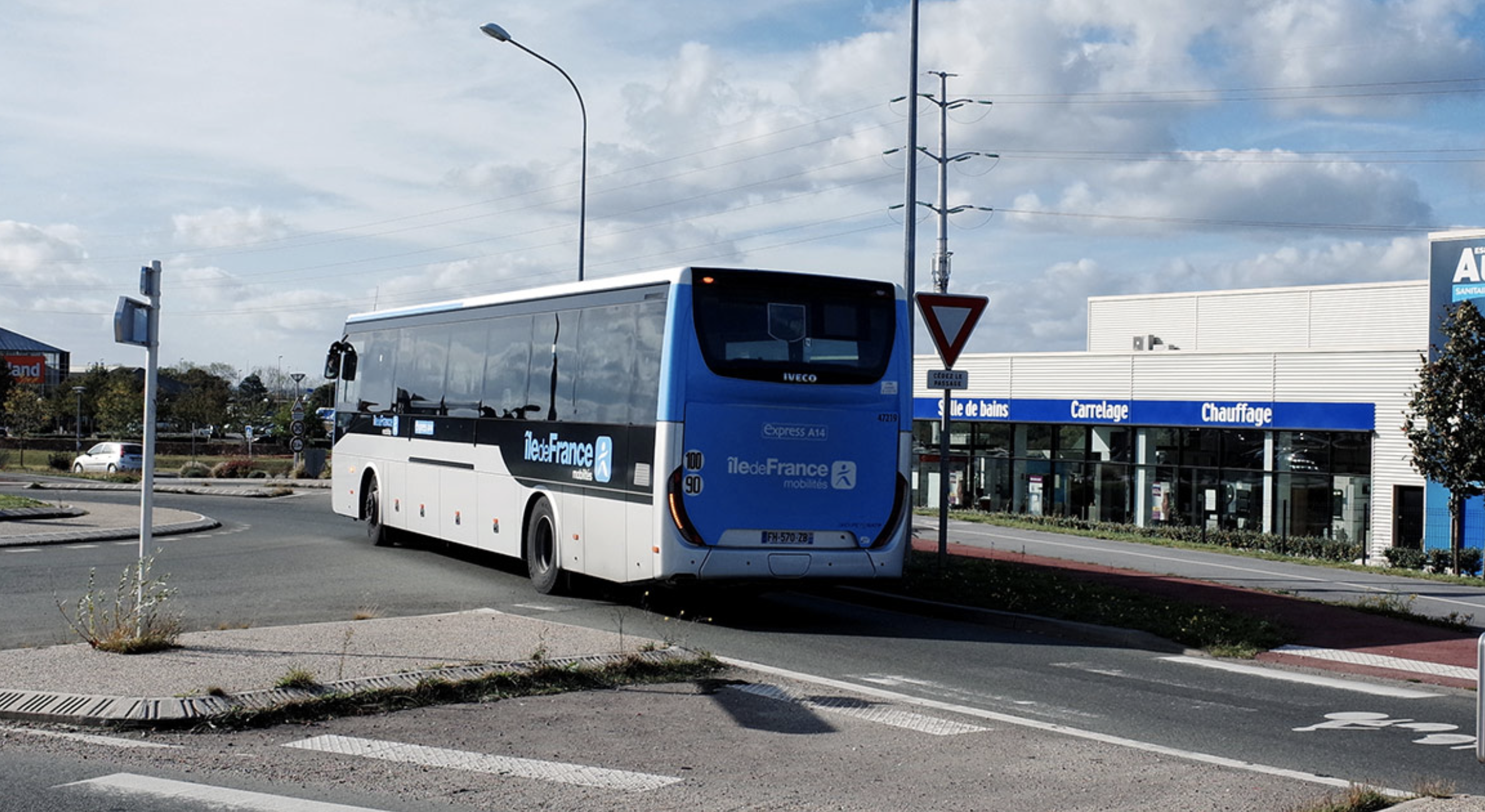Keolis Wins Its First 100% Electric Bus Contract in Sweden
On 16 April, Keolis’ subsidiary in Sweden, Keolis Sverige, was awarded a new contract by Västraffik, Gothenburg’s PTA, to operate and maintain an articulated fully electric bus fleet in the north-eastern part of the city. The ten-year contract, worth €150 million, will come into force in June 2022.
Gothenburg and its metropolitan area are home to 1.5 million residents. Located in the south-western part of the country, it is Sweden’s second largest city. This contract is part of Västraffik’s strategic goal of converting its city bus fleet into electric buses by 2030.
CEO International of Keolis Group, Bernard Tabary, said:We are honoured that Västraffik, with whom we have been partners since 2010, has entrusted us with operating and maintaining the 100% e-bus network in Gothenburg. We look forward to supporting our public transport authority partner in rolling out electric buses and making the necessary changes to the infrastructure that will improve the daily life of Gothenburg’s residents. Keolis’ expertise in electromobility will doubtless be a key factor in the success of this project.
17 Million Passengers per Year Carried on Sustainable and Quiet Buses
The network features two lines and will carry 17 million passengers per year. The articulated electric buses are expected to cover 2.9 million kilometres annually.
The e-buses can be charged at the three depots across the network, all of which will be adapted and equipped with overnight charging facilities. To deploy e-buses and adapt the infrastructure, Keolis can count on the best practices developed and lessons learnt in deploying alternative energy fleets in France, Norway, the Netherlands and the US.
With these 100% electric buses, Keolis is committed to enhancing the passenger experience, providing a quieter and more sustainable transport solution, while preserving the environment.
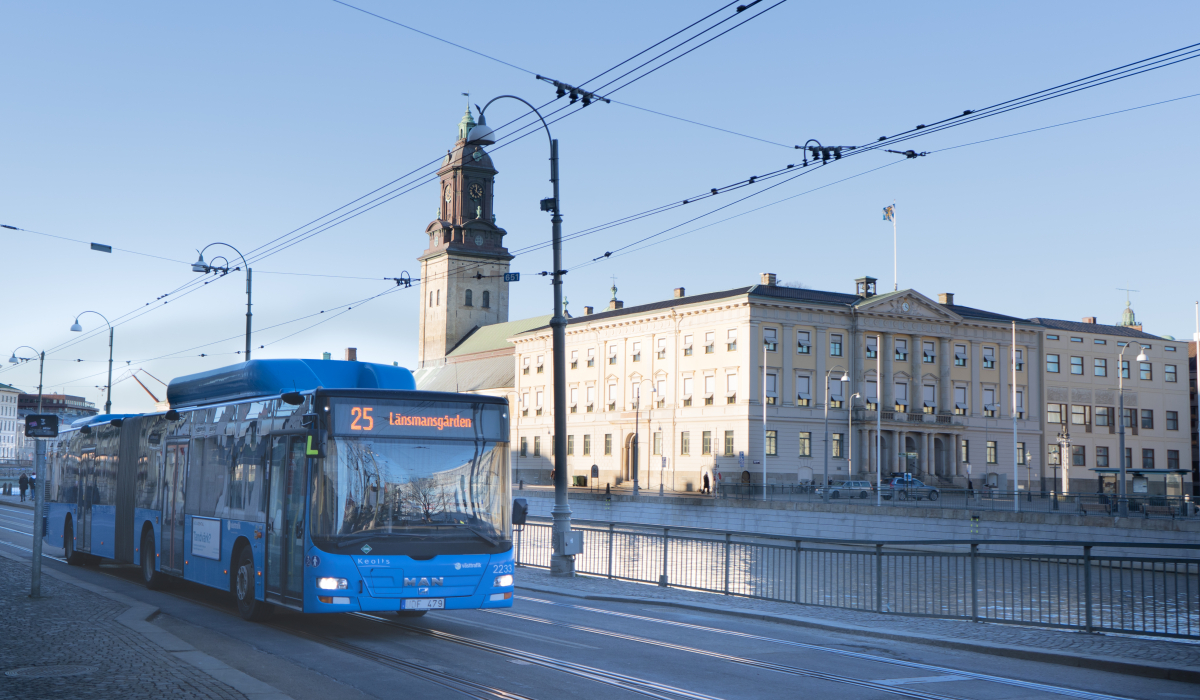
Keolis Reinforces Its Presence in Sweden
Keolis Sverige has been present in Sweden since 2003 and operates 1,600 fossil-free buses in four Swedish regions, covering 100 million kilometres every year.
On behalf of Västraffik, Keolis operates three other bus networks, all running on alternative energies and, by the end of the year, will operate a fourth network linking Gothenburg to Borås. Since January 2021, Keolis has also been testing a Navya-built autonomous electric shuttle service in Gothenburg’s Lindholmen Industrial and Science park.
In 2020, Keolis teamed up with partners in Stockholm to remotely control and supervise autonomous electric vehicles using 5G technology. Keolis has over 4,500 employees in Sweden.
Committed to Supporting Ptas to Meet the Challenge of Energy Transition
Committed to embracing more environmentally friendly forms of mobility, Keolis supports PTAs in developing and deploying clean bus fleets that run on electricity, natural gas, biogas, hydrogen and other alternative fuels that are better for the environment and for people. the regions in which it does this include:
- The eastern provinces of Gelderland and Overijssel in the Netherlands where Keolis launched 246 electric buses – the largest e-bus fleet in Europe – in December 2020.
- Bergen, in Norway, where the group launched 138 electric buses in December 2020, including 102 all-electric buses.
- Reno (Nevada), Foothill (California) and Greensboro (North Carolina) in the US, as well as Victor Valley (Southern California), where it has recently launched a new, largely natural gas-powered bus network.
- Pau, in France where in 2019 Keolis supported the launch of a 100% hydrogen-powered bus rapid transit (BRT) – a world first for an 18-metre BRT vehicle. Also in 2019, Keolis launched Europe’s first 100% electric BRT service (43 buses) in Amiens.
The Group operates a total of about 4,000 alternative energy vehicles worldwide, which is about 20% of its bus fleet.
Key Figures of the Contract
- 10-year contract, worth €150ml
- 2 lines in the north-east of the city
- 17 million passengers per year
- 2.9 million kilometres annually
- 3 depots
This article was originally published by Groupe Keolis.











